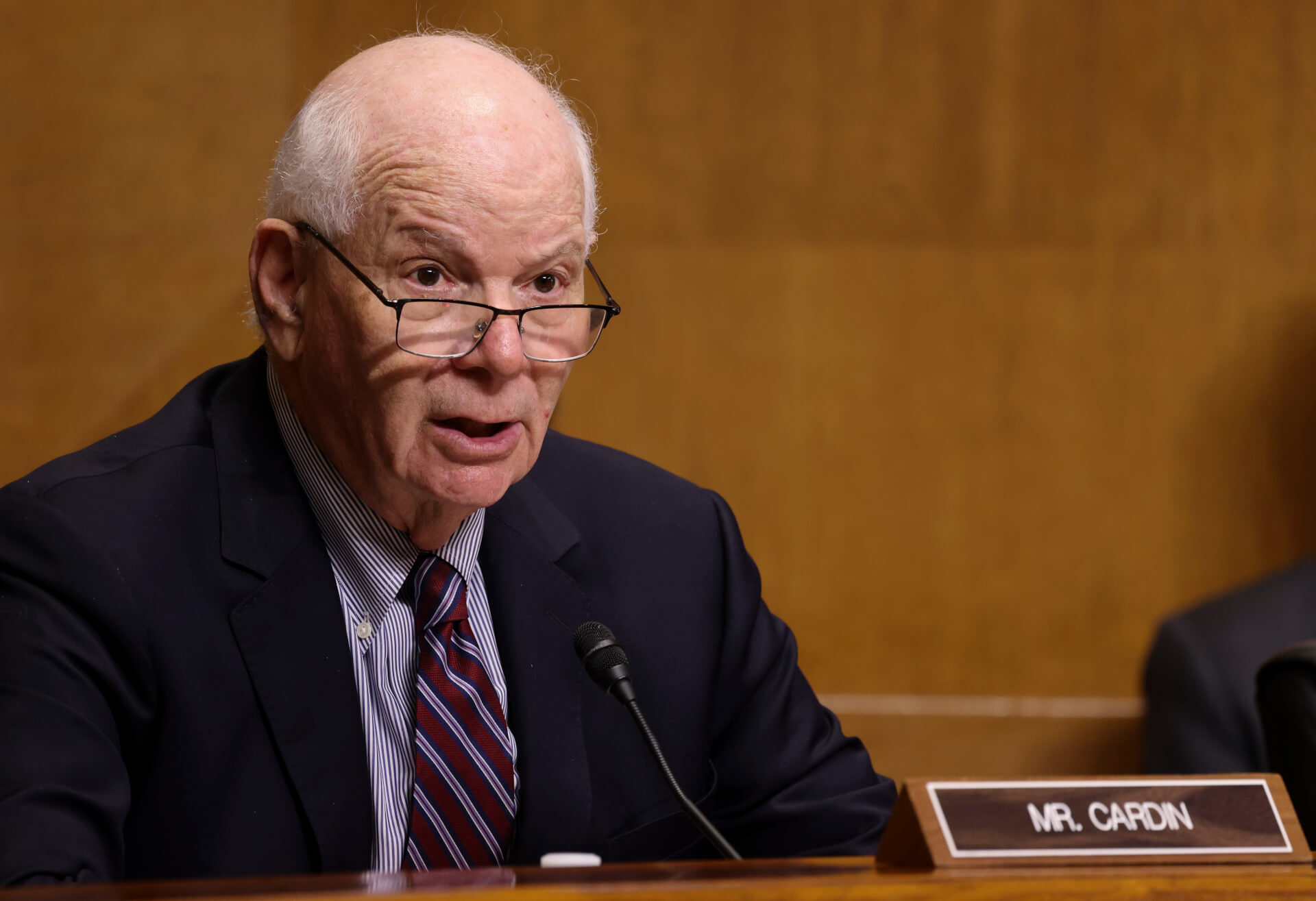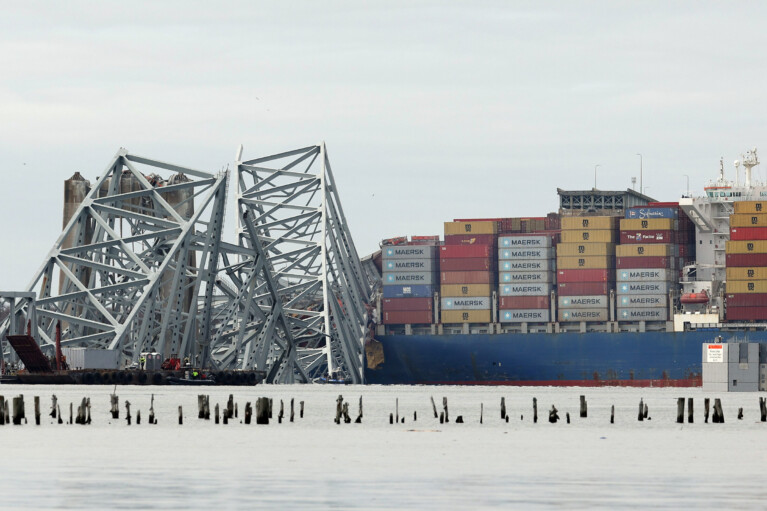Cardin, Municipal Leaders Underscore Need for Coordinated Climate Change Responses

Maryland municipal leaders emphasized the need for ample federal and state support if their climate change mitigation and resiliency plans are going to be successful.
“Our local taxpayers can only bear so much in response [to climate change], and federal and state support is going to be needed to be effective,” Jake Day, the mayor of Salisbury, said in a virtual discussion hosted by U.S. Sen. Benjamin L. Cardin (D) on Monday.
Cardin met with local leaders to learn about how “Team Maryland” in Congress can help address climate change impacts.
With 70 percent of Marylanders living in coastal areas and 31 extreme weather events over the last decade that have cost Maryland $10 billion in damages, “we recognize that we have extreme vulnerability,” Cardin said.
From President Biden’s trillion-dollar bipartisan infrastructure plan — which the House is expected to vote on by the end of this week — Maryland will get $4.5 billion to improve roads and bridges, $8 billion in capital investment grants and $18 billion to support clean transportation, according to Cardin, who chairs the Subcommittee on Transportation and Infrastructure of the Senate Committee on Environment and Public Works.
“Leaders in our municipalities and our counties — you’re the frontline, it is Team Maryland, we want to give you the help and resources you need…to be more resilient to the threats we have today and to make it safer and more economically viable for our future,” Cardin said.
The Federal Emergency Management Agency offers three grant programs that help local communities adapt to the effects of climate change. States can apply to the federal Building Resilient Infrastructure and Communities grant, a flood mitigation assistance grant and a hazard mitigation grant program, said Mary Ann Tierney, the regional administrator of FEMA.
And as a result of the Biden administration adding to the hazard mitigation grant program in response to the COVID-19 pandemic in August, there is an additional $77.7 million available for projects in Maryland, she continued.
However, one challenge the city of Salisbury faced when trying to use funding from the federal hazard mitigation grant program is convincing all property owners to participate. The city wanted to use the grant to buy flooded properties and turn them into open space, which would protect property on higher ground, but not all property owners agreed to the plan, Day said.
“The result…is that we got nowhere, and we weren’t able to leverage those dollars into action,” Day said. The city faced three consecutive “catastrophic” floods in 2016 to 2018, and the effects of climate change are only worsening, he said.
Prince George’s County Councilmember Monique Anderson-Walker (D) suggested targeting areas with impervious surfaces or a stable sewage infrastructure so that new projects do not risk adding pressure to water systems that are already heavily burdened.
The Prince George’s Council passed a bill that would require the U.S. Army Corp of Engineers, which provides public engineering services, to do a countywide flood assessment and map the most heavily flooded areas. That would give the county a better sense of areas that need the most attention and move forward with best practices, Anderson-Walker said.
“We need a significant amount of infrastructure funds to come to this area in particular, an area where there has been some degree of neglect — you could look at that as an equity issue,” she said. Sixty-four percent of Prince George’s residents are Black and 20 percent are Hispanic or Latino. Flooding hinders wealth building, as homes get devalued after they are flooded, Anderson-Walker said.
Meanwhile, Annapolis is currently working on raising its City Dock by six feet, building a new flood wall that would protect the city from sea level rise, said Gavin Buckley (D), the city’s mayor.
Buckley said he thinks Annapolis has potential to become “the resiliency capital of the country.”
It is critical that cities and counties work together on climate resiliency plans because “you’re not going to be able to fix this problem in one budget cycle,” said Michael O’Connor (D), the mayor of Frederick. “It’s going to take a multi-year plan, it’s going to take…partnerships between city, county, state and federal governments to make this possible.”





 Creative Commons Attribution
Creative Commons Attribution